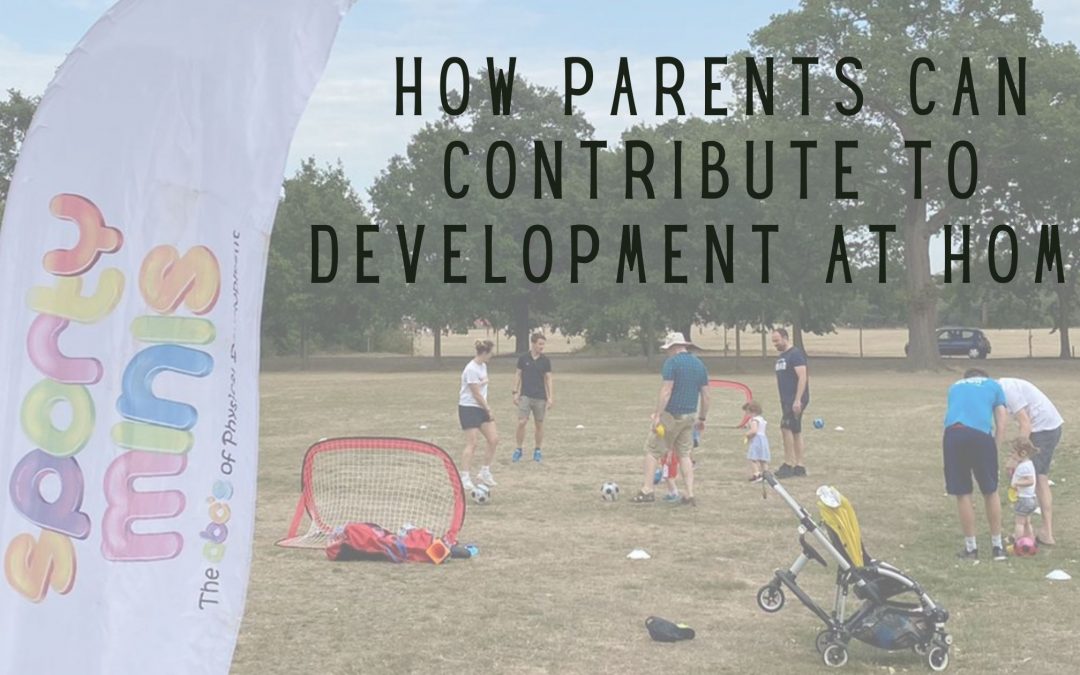Parents easy guide to Physical Development at home
The early years foundation stage (EYFS) is described as a set of standards for the learning, development and care of children from birth to 5 years of age. Within the EYFS children will develop and reach different milestones which is known as the ‘characteristics of a stage’. These milestones are broken down into 4 categories: communication and speech, social and emotional, cognitive and physical.
All of these areas of development interlink at every stage, meaning children cannot progress in one without developing in another. This is why EYFS is so crucial as it sets your child up for the rest of their lives. This is because children’s brains are most receptive during this time causing a huge impact on the development of neurological connections. More specifically, your child’s behaviours, their social skills, emotional boundaries, ability to form relationships, school readiness, and their level of achievements.
Research encourages the importance of parents recognising the developmental impact of the first 5 years of children’s lives. Physical development (PD) is one of the main core components within the EYFS. PD focuses on developing a child’s fundamental movement skills, handling of objects and understanding their own body and health. It is important for parents to engage with their children as studies have shown that children explore their physical environment, express their emotions and build their vocabulary through play.
Therefore, Play should not be left at the nursery/pre-school doors, this should be carried into home life. Increased playtime activities enhance and promotes parent-child bonding. Sometimes as parents we encourage independent play. Whilst this is important studies have shown that children need and substantially benefit through the interaction of play with their parents. When parents engage in play with their children, they are enabling great opportunities for both their child and themselves. It is during this time that parents can see how their child is interpreting and engaging with their environment from the child’s perspective. For example, imaginary and creative play help build a better understanding of our surrounds, and assists in helping children to learn healthy competitive skills and so much more!
Everyone here at SportyMinis recognises the importance of each child’s development. It is guaranteed they will have fun, engaging in the fundamental movement skills, ensuring all stay active; stay confident; and love all things sports and physical activity!
Download your FREE at Home Active Learning 7 day calendar using the code: Halfterm21
Sources:
Arreckx, F.; Bates, S.; Canning, N. and Oates, J. (2009). Developing through play: A multi-media professional development package. In: British Psychological Society (BPS) Developmental Psychology Section Conference, 9-11 Sep 2009, Nottingham Trent University.
Lyons, S., 2021. Why Parents Should Play with Their Kids. [online] Creative Child Magazine. Available at: <https://www.creativechild.com/articles/view/why-parents-should-play-with-their-kids>
Duncombe, R., 2019. The Physical Development Needs of Young Children. 1st ed. London.
Early Years Matters. 2021. Physical Development – Early Years Matters. [online] Available at: <https://www.earlyyearsmatters.co.uk/our-services/school-and-nursery-support/early-years-adviser/ physical-development/>
Unicef.org. 2020. What is free play and why should you encourage it at home? [online] Available at: <https:// www.unicef.org/parenting/child-care/what-is-free-play>
Nursery Resources. 2019. Communication with Parents in EYFS and Its Importance. [online] Available at: <http s://www.nurseryresources.org/articles/parents-as-partners/communication-with-parents/>

